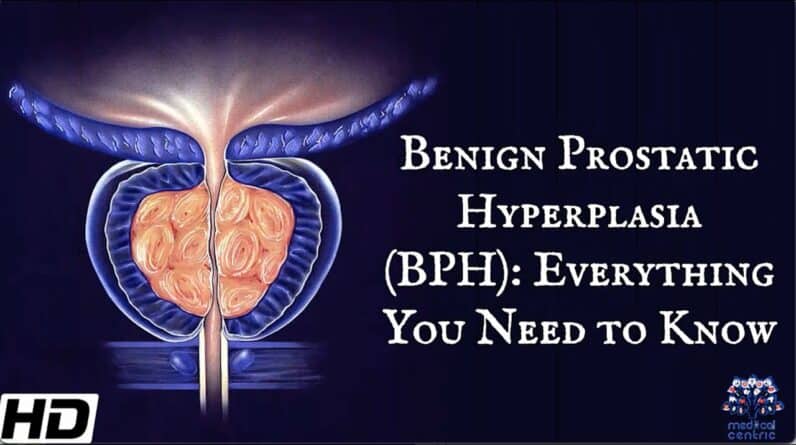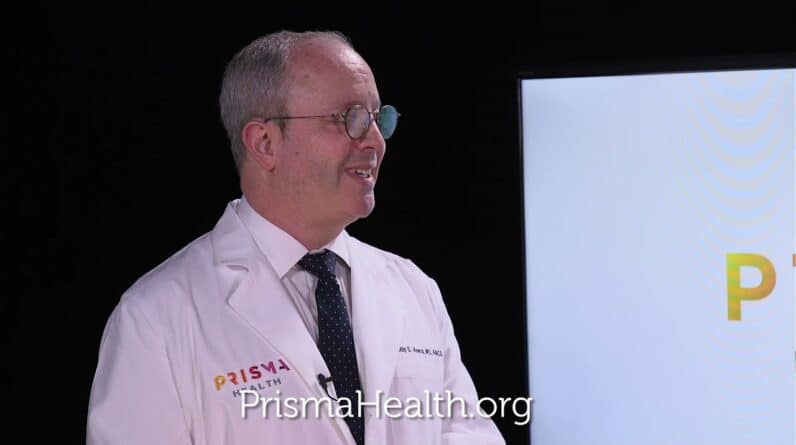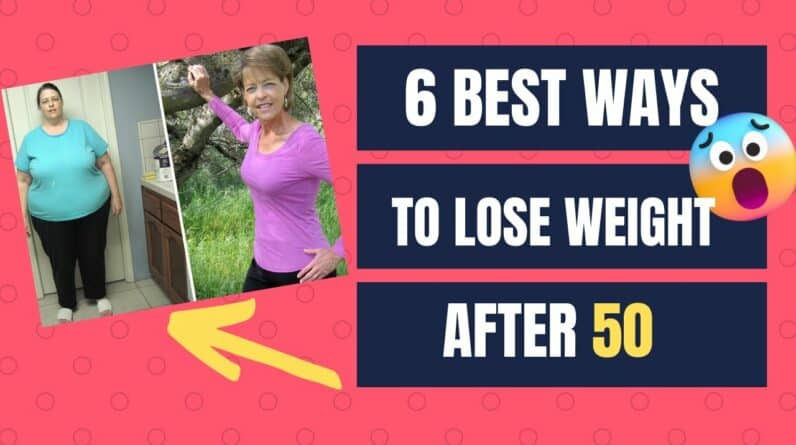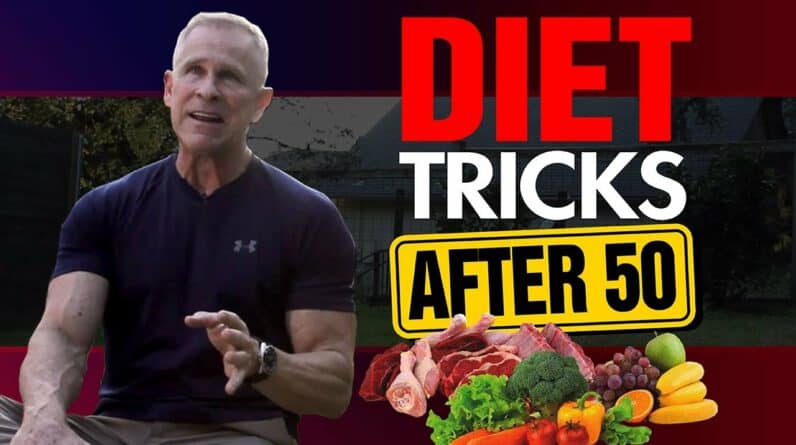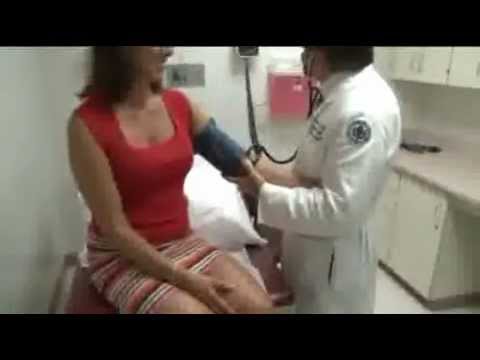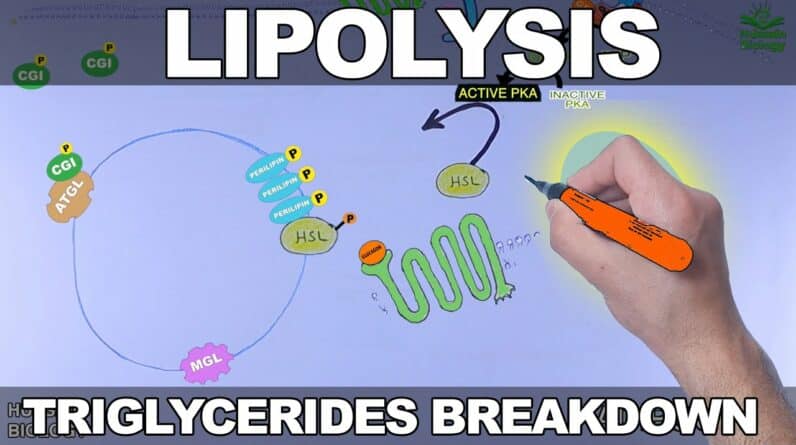
Dementia Discovery That is Leaving Doctors Speechless (Try This Tonight)
Better than Morphine For Joint Pain… Yet Safer Than Aspirin?
Retire With Freedom. Start Earning Extra Cash Today.
As you progress from your twenties to your fifties, the metabolism that once enabled you to eat just about anything and still lose weight will start to slow down. In fact, by age 50, women’s average resting metabolic rate can decrease by as much as 15%.
Thus it becomes increasingly more difficult—and more important—to include healthy fat-burning foods in your diet than ever before.
Fortunately, there are a number of ways in which you can incorporate fat-burning foods into your diet while ensuring that you’re not sacrificing vital nutrients.
Fiber: This is one nutrient that many people tend to overlook in their quest for a fad diet. But following a diet low in fiber can drastically increase the risk of developing heart disease and several cancers, which is why it’s so vital to include fiber-rich foods in your diet.
One good way to do this is by eating more items such as beans and other legumes, nuts, certain fruits and vegetables, whole grains, and even bran cereal (which has significant amounts of fiber).
Rich sources of vitamin D: Sufficient amounts of vitamin D are required in the human body for proper growth and development. It’s also important for proper immune function, muscle function, and bone health.
Unfortunately, most of us don’t get enough vitamin D from the foods that we eat. This is a problem because it can lead to a number of serious health issues throughout our lifespans such as rickets and osteoporosis.
Fortunately, a study published in the January 2008 issue of the “Journal of Nutrition” revealed that taking a daily vitamin D supplement for at least 30 days can increase the absorption and intake of calcium. As such, it’s important to ensure that you’re getting enough vitamin D.
Soluble fiber: For women over 50 years old, it’s especially important to make sure that you’re getting enough soluble fiber in your diet because this type of fiber has been proven to help control blood glucose levels.
One way to increase your soluble fiber intake is by eating more high-fiber foods such as beans, berries, and unprocessed bran cereals. It’s also a good idea to include bran in your diet on a regular basis.
Folate and iron: As women progress into their fifties, it’s even more important than ever before to make sure that you’re getting enough of both folate and iron in your diet because both of these nutrients are crucial for the proper development of cells as well as the prevention of heart disease and cancer.
Of course, cutting back on red meat will help with this, but you can also take note of other foods that are high in folate such as legumes, leafy green vegetables, dark green vegetables, nuts, beans, and fruits such as blackberries.
Vitamin D, vitamin E, selenium and zinc: As we mentioned earlier, men over 50 should make sure that they’re getting enough vitamin D. But for women over 50, it’s also critically important to make sure that they’re getting enough vitamin E, copper, folate and zinc in their daily diets because it’s been proven that low levels of these nutrients have been associated with an increased risk of developing certain types of cancer.
Vitamin C: This vitamin is incredibly important in the human body because it helps with tissue repair, boosts the immune system, and aids in iron absorption. Fortunately, there are a number of fat-burning foods that are high in vitamin C.
Some of these include citrus fruits such as oranges and lemons, peppers (such as chili peppers), broccoli, berries—especially blackberries—and cauliflower.
Sunlight: Getting enough sunlight is an incredibly important part of maintaining a proper diet because it increases the natural production of vitamin D in your body which can help prevent you from developing heart disease and osteoporosis.
Vitamin D: Vitamin D could be one of the most overlooked nutrients when it comes to women over 50. But research has revealed that low levels of vitamin D have been linked to having a higher risk of developing breast cancer as well as a higher risk of dying from any type of cancer.
The good news is that you can easily take care of this with a daily supplement and/or by getting exposure to sunlight throughout the day.
Vitamin A: This vitamin is required for the production of collagen, which is key for protecting your joints and bones as well as helping your eyesight stay healthy, making it critical for women over 50 years old to make sure that they’re getting enough vitamin A in their diet.
One great way to get vitamin A is by including liver in your diet, which contains plenty of vitamin A. Another way that you can easily boost your vitamin A intake is by eating broccoli and other dark green vegetables because these contain plenty of beta-carotene, a type of carotenoid that the body converts into vitamin A.
Thiamine (vitamin B1): This nutrient is incredibly important for the proper development of the nervous system as well as for proper metabolism. Unfortunately, most people don’t get enough thiamine in their diets because they eat very processed foods with little or no thiamine in them.
To ensure that you’re getting enough thiamine, it’s a good idea to include whole grains, beans, and nuts in your diet on a regular basis.
Vitamin K: This vitamin is absolutely key for maintaining bone density and preventing the onset of osteoporosis as well as fractures.
Unfortunately, this nutrient is often eliminated during the food storage process because it easily oxidizes. In order to combat this problem, you should make sure that you’re eating fresh vegetables on a regular basis instead of processed foods.
Vitamin C: This is a very powerful antioxidant so it is very important for fighting off the free radicals that can lead to cancer. It’s important to make sure that you’re getting plenty of vitamin C in your diet in order to prevent cancer, heart disease, and other health problems.
However, it’s important to know that many people don’t get enough vitamin C in their diets, which is why taking a vitamin C supplement may be a good idea.
Omega 3 Fatty Acids: This could well be the most critical nutrient for women over 50 because this nutrient helps fight against heart disease by preventing blood platelets from sticking together which prevents clots from forming in your veins and causing strokes or heart attacks. In addition, omega 3 fatty acids help fight against other forms of cancer as well as mental disorders.
One of the best sources of omega 3 fatty acids is fish oil and fish, which makes it important to include these in your diet on a regular basis.
Calcium: This nutrient helps keep your bones strong by preventing them from becoming brittle and brittle. It’s also crucial for preventing osteoporosis because it boosts bone density while at the same time helping to prevent the loss of calcium through urine.
Many women over 50 don’t get enough calcium in their diets because they tend to eat very processed foods that aren’t very high in calcium.
Oatmeal: This is a very high fiber food and also provides a lot of protein. In addition, it provides a lot of iron, which is important for preventing anemia.
Unfortunately, most people don’t get enough protein in their diets and that’s why it’s important to include foods that are high in protein on a regular basis.
Blueberries: These are high in pectin which helps lower cholesterol levels as well as prevent certain forms of cancer.
Disclaimer: The information in this article is intended for educational and entertainment purposes only and should not be used instead of or contrary to that of a medical professional. Before taking supplements, starting a new diet, or embarking on a new exercise regime please consult a medical or nutritional professional. The owners of “Getting Healthy After 50” are not medical professionals and are simply redistributing information that is freely available on the internet.

